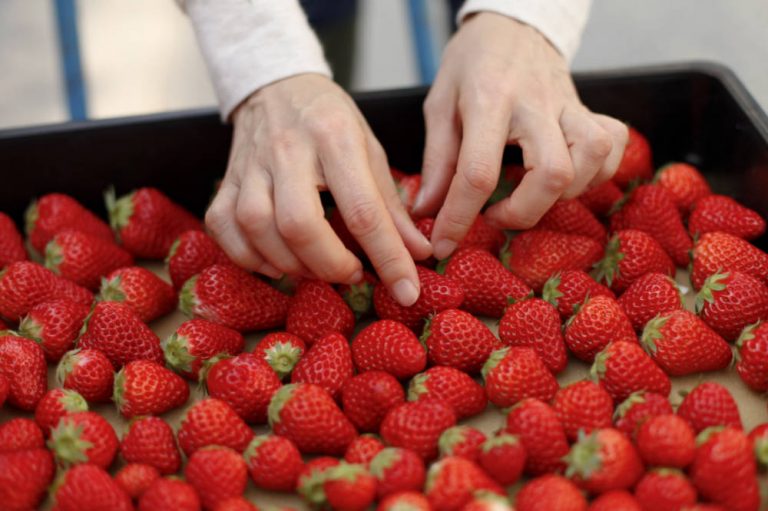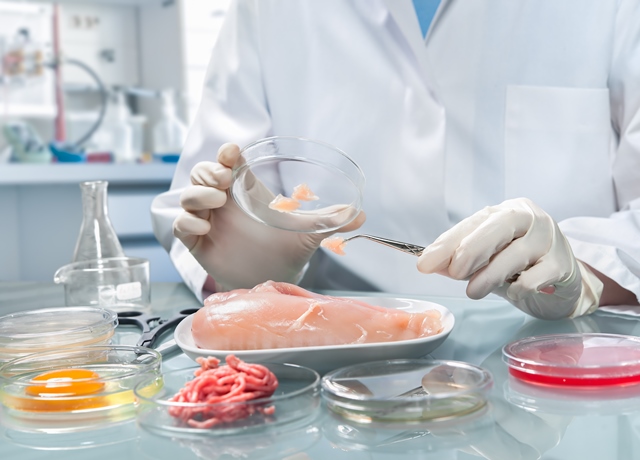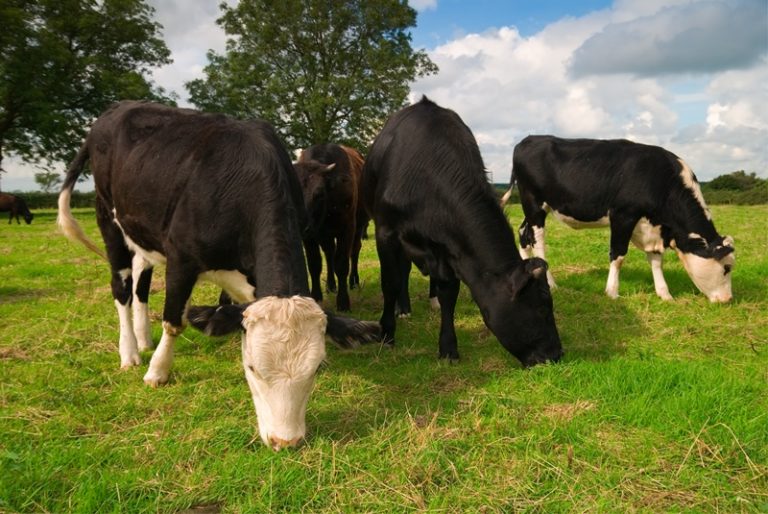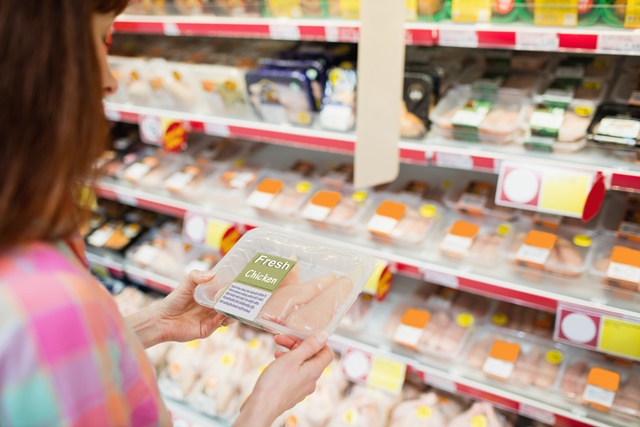In Good Company takes on UK distribution of Normandy’s SASSY Cider
Strawberry-picking robots trialled to tackle labour shortages
Britannia Bel Foods inaugurates cheese factory in India
Sainsbury’s becomes first UK supermarket to introduce peat-free mushrooms
Mérieux NutriSciences to acquire worldwide food testing business of Bureau Veritas
“We are pleased to partner with Mérieux NutriSciences, a leader in Food testing, whose global footprint and proven expertise is the perfect fit for our food business and would allow it to thrive and to contribute to make food systems safer, healthier and more sustainable,” added Hinda Gharbi, CEO of Bureau Veritas.
The transaction is expected to close by the end of the fourth quarter of 2024.Cargill launches new cocoa production line in Indonesia
Aldi plans to invest over £30m in dairy farmers
£160m boost for UK poultry industry as exports to South Africa get green light
“We’re one step further on our journey to securing better trade deals for UK farmers, improving industry resilience and kickstarting our food exports.”
South Africa has historically been an important market for UK poultry, with exports of poultry worth over £37 million to South Africa in 2016. Teams from across government have worked in combination with their counterparts in South Africa for many years to regain market access. International Meat Trade Association CEO Katie Doherty said: “The reopening of South Africa for UK poultry meat exports is fantastic news for UK producers and exporters – prior to the ban, it was a vital market for UK exporters.“It is testament to all the hard work by Defra’s market access team and the agricultural attachés and other officials who have supported this crucial work over many years, for which we are very grateful.”
British Poultry Council Chief Executive Richard Griffiths said: “Our relationships with markets around the world underpin economic growth right here in the UK. Providing half the meat the nation eats every year, plus the breeding stock of 70% of all poultry consumed globally, British Poultry Council members actively contribute to both domestic and global food security. “That trade of British poultry can resume with South Africa following the lifting of the avian influenza ban is a great example of government and industry working together to overcome technical trade barriers. Unlocking access to what was once one of our biggest markets is incredibly exciting.“Thank you to the Defra market access team and all Government officials and industry representatives involved for their support and engagement throughout this process. We look forward to continuing our work together to build, maintain and enhance trading relationships – both existing and new!”
Groundbreaking sandbox programme announced for cell-cultivated products
The FSA, in collaboration with Food Standards Scotland (FSS), is to be awarded £1.6 million in funding from the Government’s Engineering Biology Sandbox Fund (EBSF) to launch an innovative sandbox programme for cell-cultivated products (CCPs).
CCPs are new foods made without using traditional farming methods such as rearing livestock or growing plants and grains. Using science and technology, cells from plants or animals are grown in a controlled environment to make a food product.
The UK is one of the largest potential markets for CCPs in Europe, but currently there aren’t any approved for human consumption here. This is because CCPs are new, complex and unlike anything previously available in the UK.
The sandbox programme will allow the recruitment of a new team to work across the FSA and FSS. They will gather rigorous scientific evidence on CCPs and the technology used to make them.
This information will enable well-informed and more timely science and evidence-based recommendations to be made about product safety and address questions that must be answered before any CCPs can enter the market. It will also allow companies to be better guided on how to make products in a safe way and how to demonstrate this.
Professor Robin May, FSA Chief Scientific Advisor, said: “Ensuring consumers can trust the safety of new foods is one of our most crucial responsibilities. The CCP sandbox programme will enable safe innovation and allow us to keep pace with new technologies being used by the food industry to ultimately provide consumers with a wider choice of safe foods.”As part of the sandbox, the FSA will also be able to offer pre-application support to CCP companies and address key questions, for example around labelling.
The volume of evidence and expertise built up by the end of the two-year programme means that the FSA will be able to process CCP applications more swiftly and support businesses better in their applications. The sandbox will also help develop assessment approaches that can be applied to other innovative foods, helping support innovation across the global food sector.











